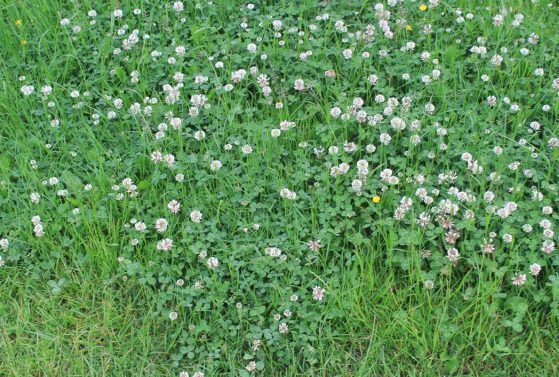
Learn about growing broadacre crops for food production!
Diversify your income and enhance critical elements of farming through legumes.
Are you thinking of growing legumes to improve your farming practice and output?
Are you running a crop rotation system?
How important is sustainability on your farm?
Do you want to improve soil health and structure?
Are you striving to reduce pests and disease or weeds on your land?
If you answered yes to these questions, legume crop growing is key.